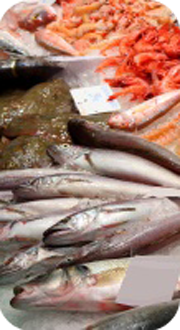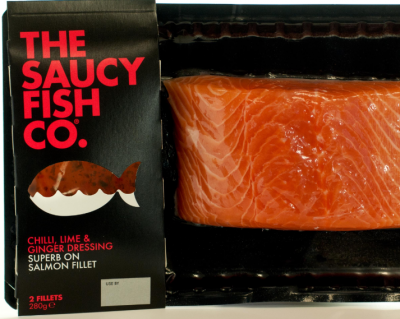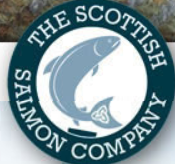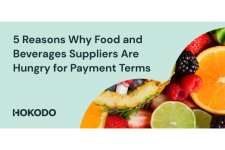GM salmon step closer to US dinner plates
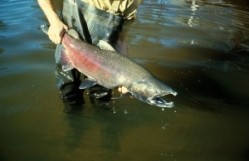
The FDA judgement – contained in a draught report completed in May but withheld until December 21 – concluded that there were no scientific reasons to ban the production of GM Atlantic salmon.
Moving the debate about controversial scientific topics, such as GM and nanotechnology, onto a firmer scientific footing will be the focus of a free webinar to be staged on Thursday January 24. More details can be found here and at the end of this article.
Meanwhile, the GM salmon studied by the US food safety watchdog grows twice as fast as conventionally farmed fish, claimed its developer AquaBounty Technologies of Maynard, Massachussetts.
Less pollution
The fish can also be reared on land-based fish farms, which means less pollution and lower carbon footprints and transport costs, according to claims reported in The Independent newspaper.
The verdict was delivered as part of a New Animal Drug Application. The GM salmon was engineered from Atlantic salmon with two extra genes – one from Pacific Chinook salmon and one from an eel-like species ocean pout. The result is said to be a fish that gains weight throughout the year.
But opponents of the GM salmon claim that commercialising the technology would increase risks both for humans and the environment. GM Freeze campaigner Pete Riley told The Independent: “The sterility system does not guarantee there will be no escapes into the wild and some of them will be fully fertile. It is absolutely debatable whether anyone wants to buy GM salmon, even in the US, even if it is properly labelled.”
If the GM technology is commercialised in the US, it could leave European producers at a competitive disadvantage. But, so far, European consumers appear to show little or no appetite for GM foods.
Last month environment secretary Owen Paterson said there were “real environmental benefits" associated with GM technology.
Free webinar
Separating food science from food fiction is the aim of a free live webinar to be staged on Thursday, January 24, 2013. FoodManufacture.co.uk has teamed up with the Institute of Food Science & Technology to help move the debate about challenging food science and technology topics onto a more secure scientific footing – within a framework of consumer acceptability.
To help achieve this, we have enlisted the expertise of the Food Standards Agency (FSA), consumer watchdog Which? and Leatherhead Food Research (LFR). Dealing with a host of topical food science and technology topics – such as GM food, nanotechnology and irradiation – the webinar aims to identify problems and opportunities in the perception and reporting of such subjects.
Our line-up of expert speakers will include FSA chief scientist Andrew Wadge, Which? chief policy adviser Sue Davies and LFR principal consumer analyst Nicole Patterson.
Each speaker will give a short online presentation followed by a live question and answer session.
To book your place for this free webinar, register here. The webinar, which starts at 11am GMT will run for one hour. Towards the end, our question and answer session will allow you to put questions directly to our key speakers by email.
Alternatively, you can email questions in advance to zvpunry.fgbarf@jeoz.pbz. We will choose the best questions to ask our expert team.
